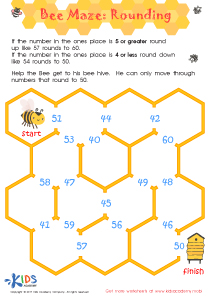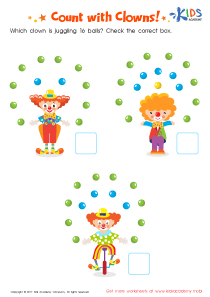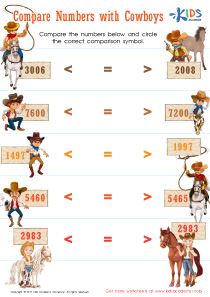Understanding place values Extra Challenge Place Value Worksheets for Ages 4-9
3 filtered results
Difficulty Level
Grade
Age
-
From - To
Subject
Activity
Standards
Favorites
With answer key
Interactive
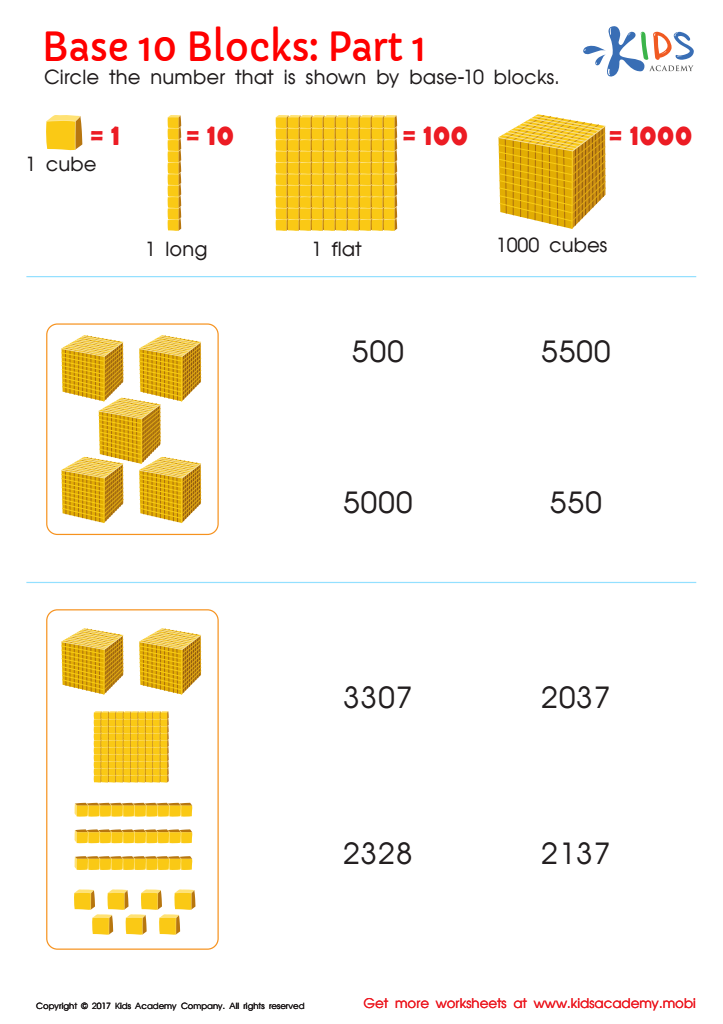

Place Value Thousands Worksheet
Kids aged 8+ can tackle the challenge of understanding place value with this thousands worksheet! It'll help develop their number sense and equip them with the skills to work with numbers up to the thousands.
Place Value Thousands Worksheet
Worksheet
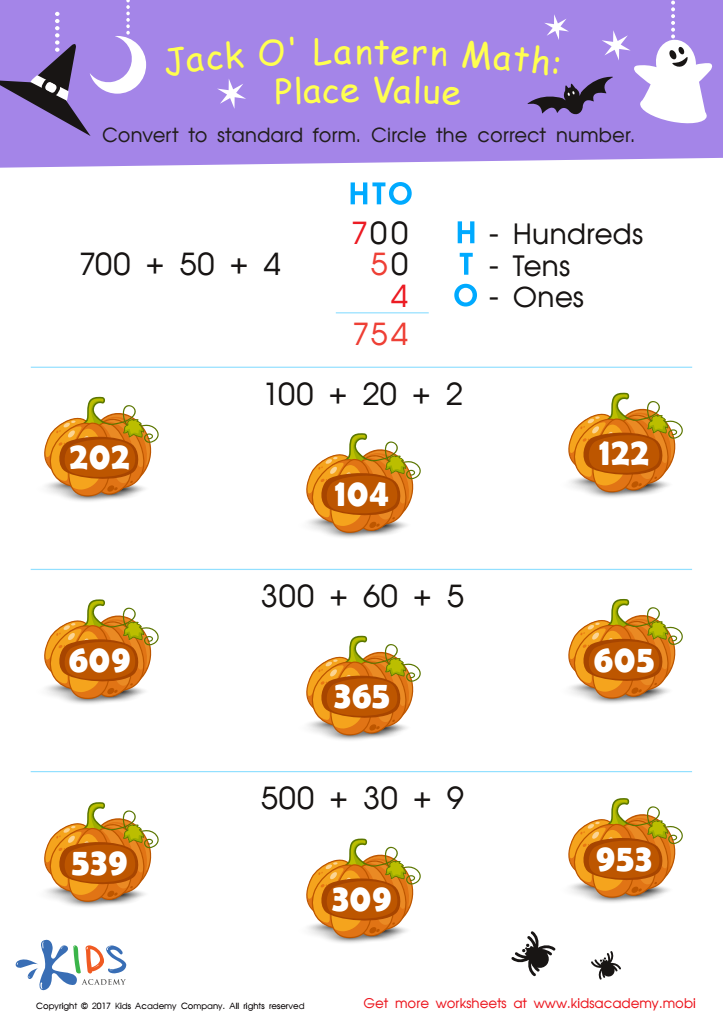

Free Place Value Worksheet
This Halloween-themed worksheet helps children practice converting equations to standard form and understand place value for better problem-solving. Download this free PDF for a fun way to do it!
Free Place Value Worksheet
Worksheet
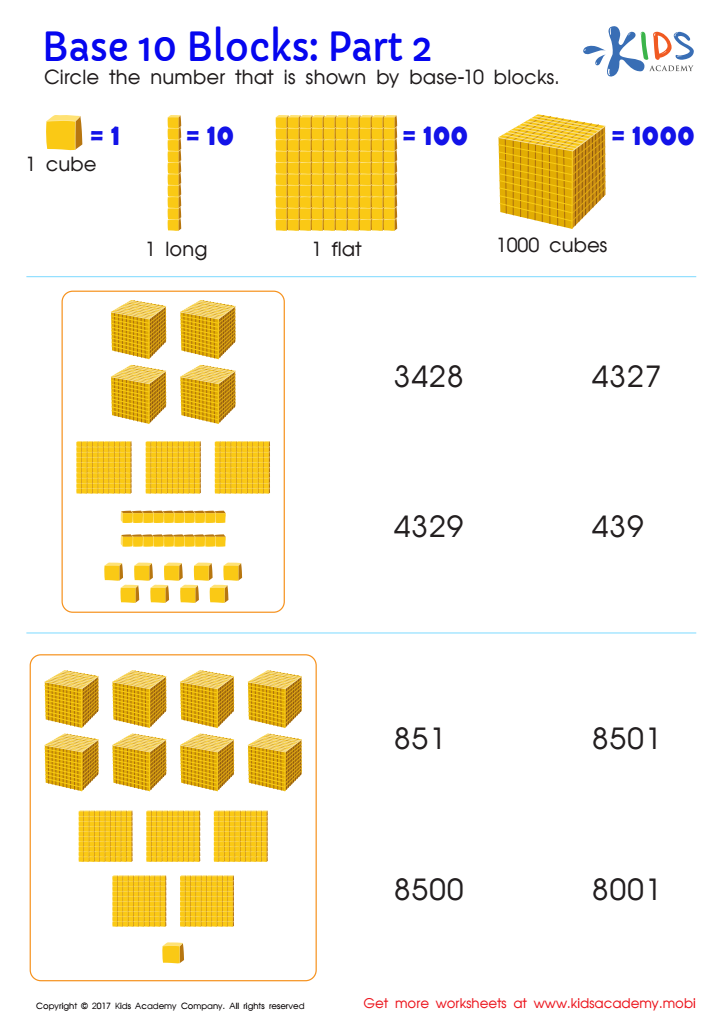

Place Value Worksheet: Thousands
Help your third grader master place value with this free thousands worksheet! Numbers up to ten thousand become easier to understand with Base Blocks. Increase your child's number sense while having fun!
Place Value Worksheet: Thousands
Worksheet
 Assign to the classroom
Assign to the classroom






